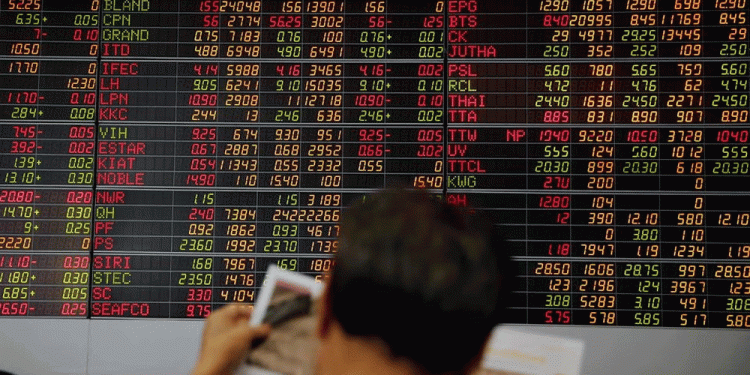Expressing concern over the inverted duty structure existing in rubber, the industry has sought safeguard duty on finished rubber products. The industry also wants government to increase the duty drawback on reclaim rubber to five per cent and set up a technology upgradation fund (TUF) for the micro, small and medium rubber enterprises.
“Inverted duty structure has been the bane of the rubber sector in India and has stifled manufacturing. We sincerely hope the new government with its avowed agenda of reviving the manufacturing sector will address this anomaly in the budget”, said Niraj Thakkar, president, All India Rubber Industries Association (AIRIA).
Import duty on raw materials is the highest in India when compared to neighbouring rubber product manufacturing countries. Import duty on natural rubber in China is 10 per cent as against 20 per cent in India. On natural rubber latex the import duty is 70 per cent in India while it is just 10 per cent in China. Similarly in case of synthetic rubbers, the import duty is 7.5 per cent in China as against 10 per cent in India.
On the other hand, the import duty on finished rubber goods is lowest in India when compared to other rubber consuming nations. On tubes, pipes and hoses, the import duty in China is 10 per cent and above while in India, they can be imported even as low as 6 per cent. Rubber rice de-husking rolls can be imported duty free in India while China employs up to 80 per cent duty on the same.
As a result, import of rubber products in India has gone up almost 100 per cent from Rs 3,810 crore to Rs 7,608 crore in three years between 2009-10 and 2012-13. “A significant number of manufacturers are turning to trading of rubber goods leading to a loss to exchequer and also loss of domestic jobs”, added Thakkar.
According to All India Rubber Industries Association, with safeguard duty on finished rubber products, domestic manufacturers, particularly small and medium enterprises, will get a level-playing field.
It also wants drawback duty of at least five per cent on reclaim rubber instead of two per cent at present. Reclaim rubber plays a vital part in environment conservation as discarded tyres and other rubber products are crushed and regenerated.
With a view to improve productivity, a technology upgradation fund should be made available to the MSME sector at a rate of five per cent interest. High cost of finance, inflation, volatility in raw material availability and prices has retarded the technology upgradation drive amongst rubber MSMEs in India, ies association said. The industry has around 6,000 micro, small and medium sized manufacturing units.
Meanwhile, government has constituted an expert committee to formulate national rubber policy. The expert committee will be chaired by additional secretary (plantations) department of commerce.
The expert panel has members drawn from relevant ministries, rubber board, industry, growers, processors and research bodies, as per the notification issued by department of commerce, ministry of commerce and industry government of India.
The committee to be serviced by the rubber board will “make recommendations for a broad based policy relating to all types of rubber i.e. natural rubber (NR), synthetic rubber (SR) and reclaimed rubber (RR)”.
The terms of reference for the committee are comprehensive and include a review of growth and current status of rubber sector, demand and supply of different rubbers and opportunities and challenges in the sector. It will also look at stakeholders’ concerns and suggest a policy framework for promoting rubber plantations, insulating rubber growers from unforeseen risks and incentives, taxation and other regulatory measures with a view to enhance production of NR and competitiveness of rubber industry.
The expert committee will submit its report including the draft of the national rubber policy as early as possible, say, within six months, says the notification.
“Rubber and tyre manufacturing is shifting to Asia. India enjoys a unique position both in terms of verdant natural rubber plantations and rubber and tyre manufacturing which has stood the test of time. Unfortunately India’s potential in the sector has not been fully harnessed. Certain limiting factors have come in the way of full blossomed growth,” Raghupati Singhania, vice chairman, Automotive Tyre Manufacturers’ Association (ATMA) said.
– mydigitalfc.com




























